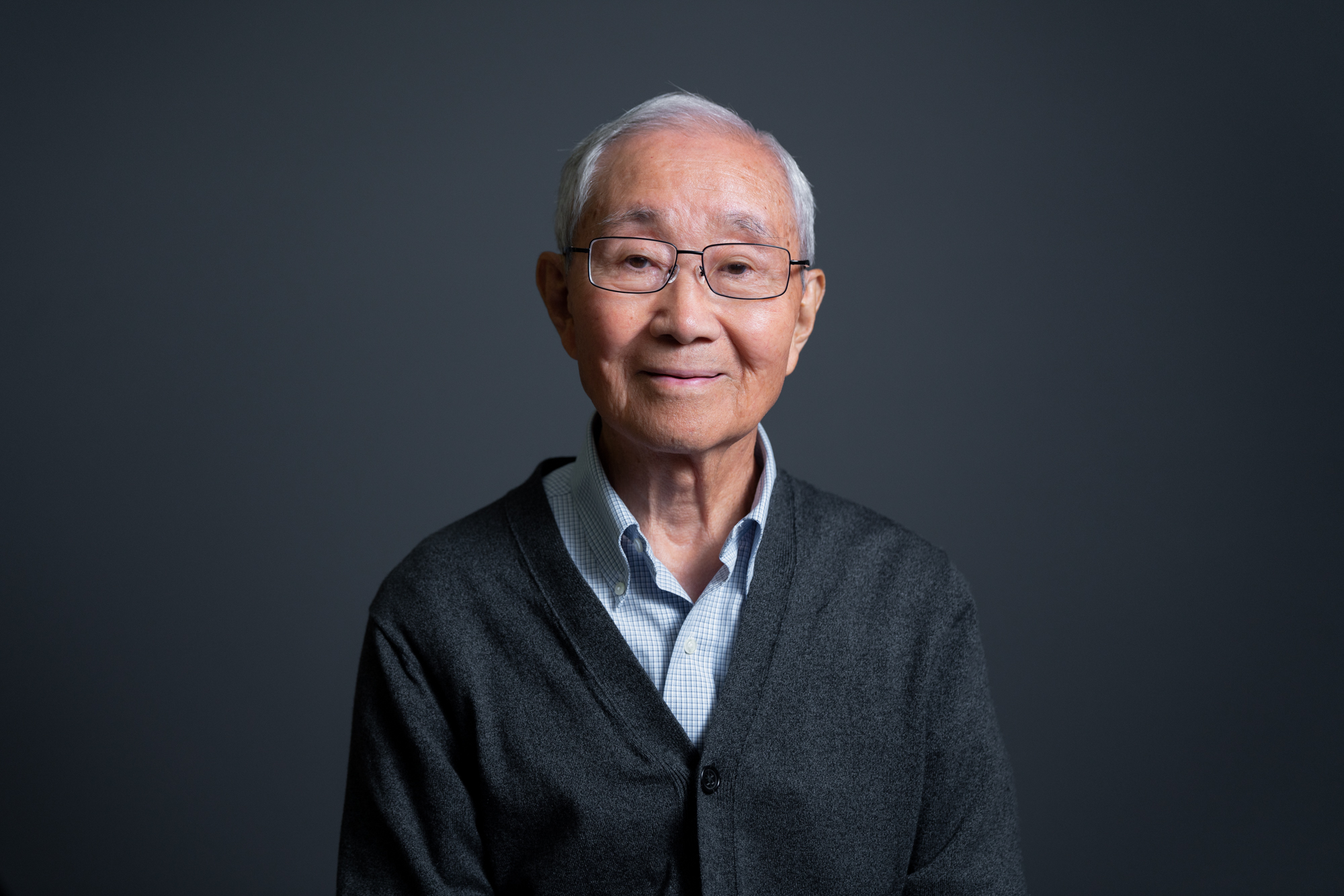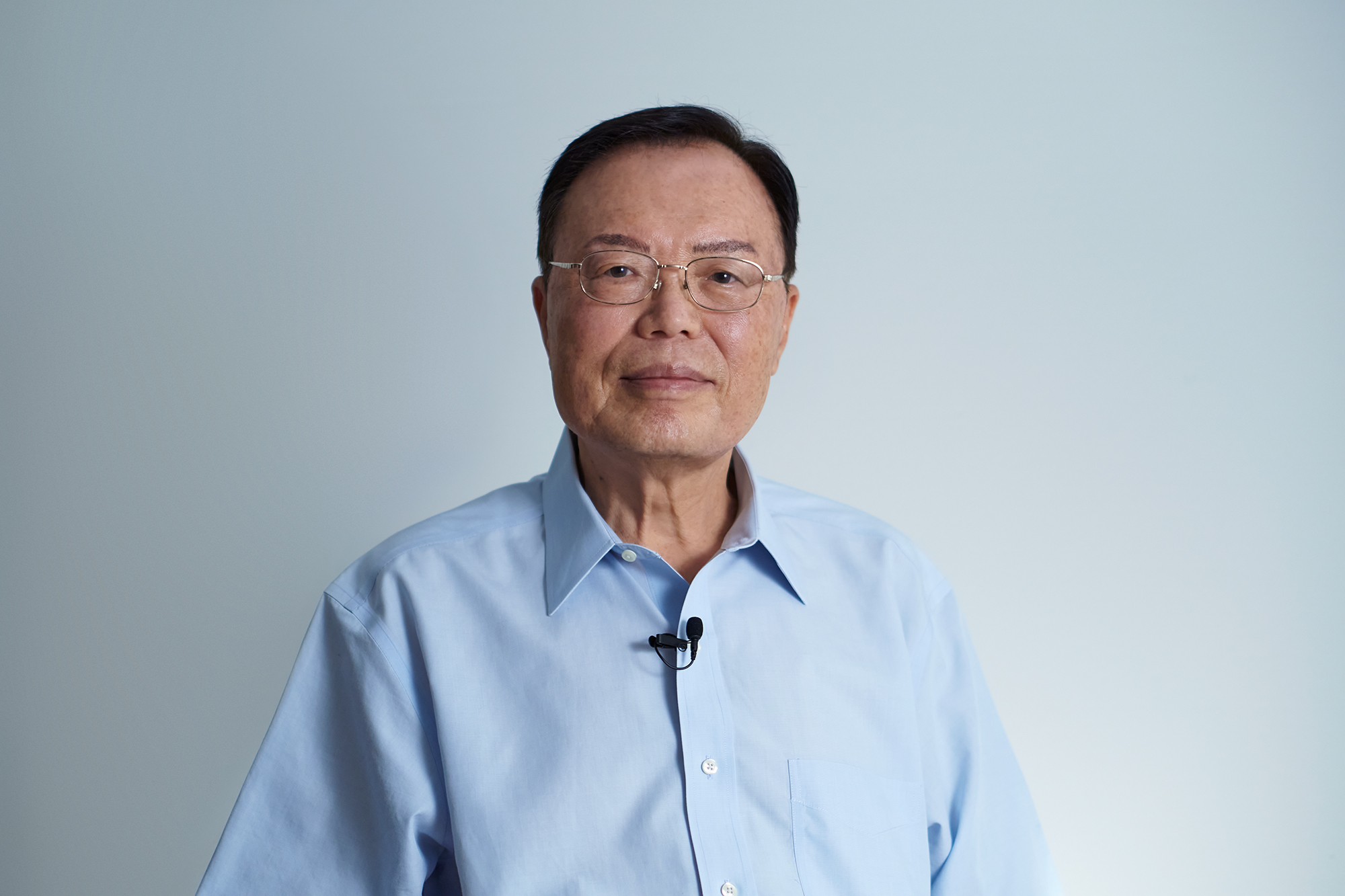Tag: doctor

Dr. Chun-Kyu Lee
Dr. Chun-Kyu Lee was born in 1928 in Jeollanam-do, South Korea, and experienced the hardships of WWII during 8th grade when he was forced into labor instead of schooling to support the Japanese army. Following Japan’s surrender in 1945, Dr. Lee returned to academic life, only to face the outbreak of the Korean War shortly after starting college in Seoul. This led him to transfer to medical school, where he trained as a doctor to aid war efforts, later extending his medical expertise to Uganda during a doctor shortage. In 1972, Dr. Lee moved to the United States to pursue further training in psychiatry, working extensively in Korea, Uganda, and later in Cleveland, Ohio, despite language barriers. After retiring, he settled in Maryland, cherishing the proximity to his family as the happiest period of his life, reflecting a journey marked by resilience and dedication to serving others across continents.

The Korean Medicine Episode
While Korean immigrants are notorious for pushing their kids to become doctors, it’s worth remembering that Koreans have cultivated their own age-old approach to wellness for over 5,000 years. Hanbang – aka traditional Korean medicine – encompasses acupuncture, herbs and cupping and has lately attracted a surge of interest among both Korean Americans and Westerners. Continuing our special series on cultural topics, our hosts sit down with two respected practitioners, Dr. Erin Lee and Dr. Robert Lee, to gain an understanding of this often misunderstood field. Juliana (a Korean medicine adherent) and Catherine (a semi-skeptic) get a chance to ask their burning questions, including: How does Korean medicine differ from Chinese medicine? Is there clinical proof of the effectiveness of herbal remedies? How exactly does acupuncture work — and is it the same thing as “dry needling?” Why do Koreans fear sleeping with fans? What is cupping? How can patients find a good acupuncturist? And what’s the deal with the deer antlers anyway?
Dr Erin Lee on Instagram @workinprogressacu

Myung Kun Park
Myung Kun Park’s life mirrors Korea’s tumultuous history, celebrating liberation from Japanese occupation in 1945, only to face the peninsula’s division soon after. Challenges under Communist rule and his father’s arrest prevented them from moving to the South. Amidst suspicion, Park reluctantly became an informant, navigating the Korean War’s outbreak and his brother’s disappearance. Later Park joined the South Korean army, where he endured injury before excelling in medical school. His story is one of adapting to various identities under flags like Japan, North Korea, South Korea, Canada, and the United States. Today, he reflects on a guiding force that led him through difficult and dangerous times, as well as happy times.

Chris Park
Chris Park, a 2nd generation Korean American, grew up in the States, mostly in the suburbs of Kansas City and San Antonio in the early 70s. While he experienced fewer instances of racism during his childhood, college introduced him to the Korean American community and its diverse relationships with identity and language. He noticed a “You’re either with us or against us” mentality within the community, leading him to distance himself due to a lack of shared values. Despite this, Park finds other ways to support the Korean American community and cherishes the importance of preserving his grandparents’ remarkable stories for his daughter to remember and appreciate.

Dr. Doug Hong
Dr. Doug Hong was born in Korea in 1941. By the time he was 9 years old, the Korean War had begun. He recalls being faced with extreme hunger that he caught insects like cicadas and flies to eat. As he was fleeing south with his family towards Seoul, bombs destroyed bridges causing them to seek refuge in a mountain in the outskirts of Seoul. His dad and uncle hid in a cave to make sure they wouldn’t be caught and forced to join the North Korean army, while the rest of his family found shelter nearby. Three months went by and UN troops reclaimed Seoul. Dr. Hong still remembers the horrid sights that laid in front of his eyes on his walk back home.